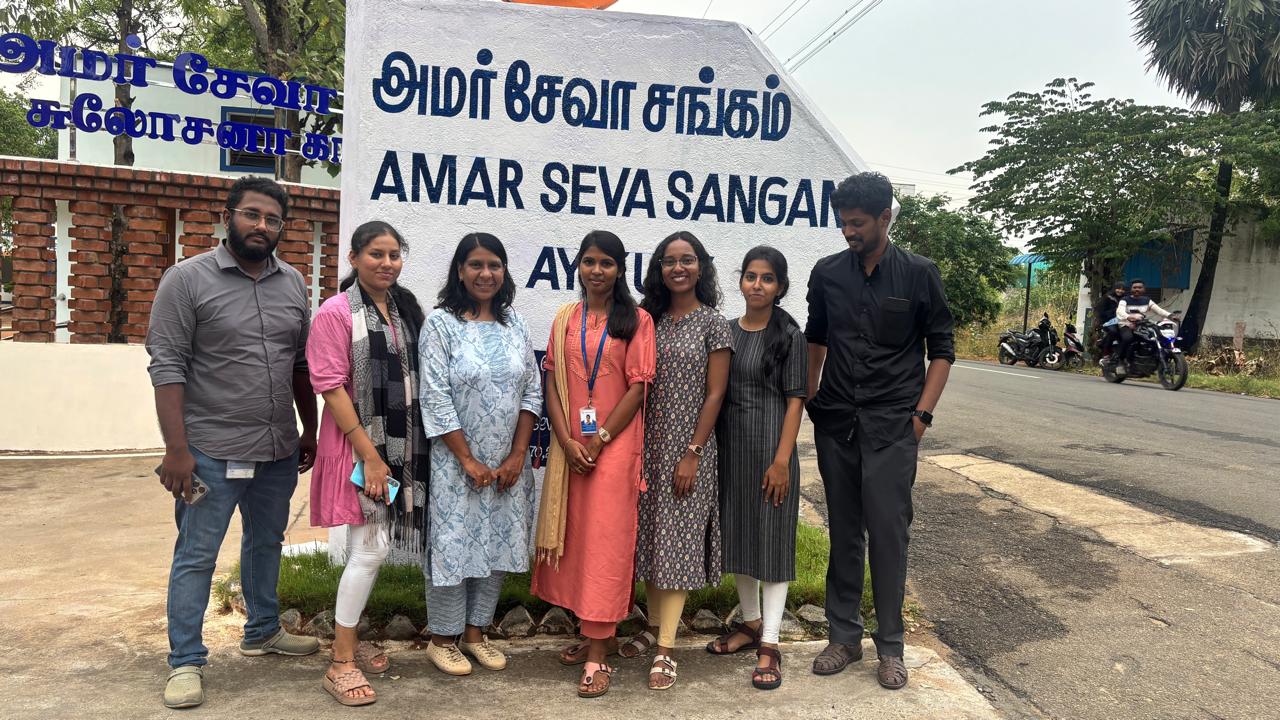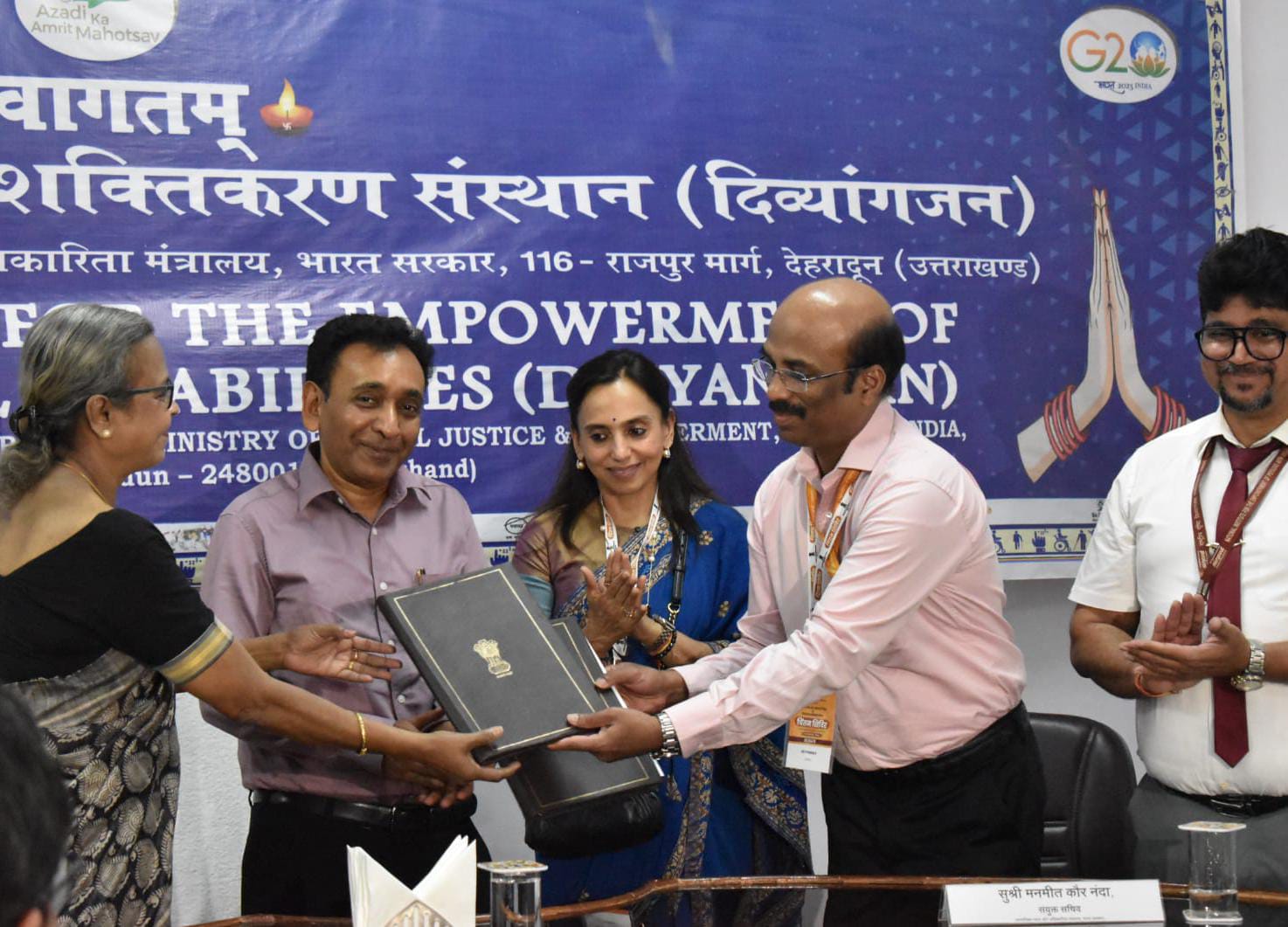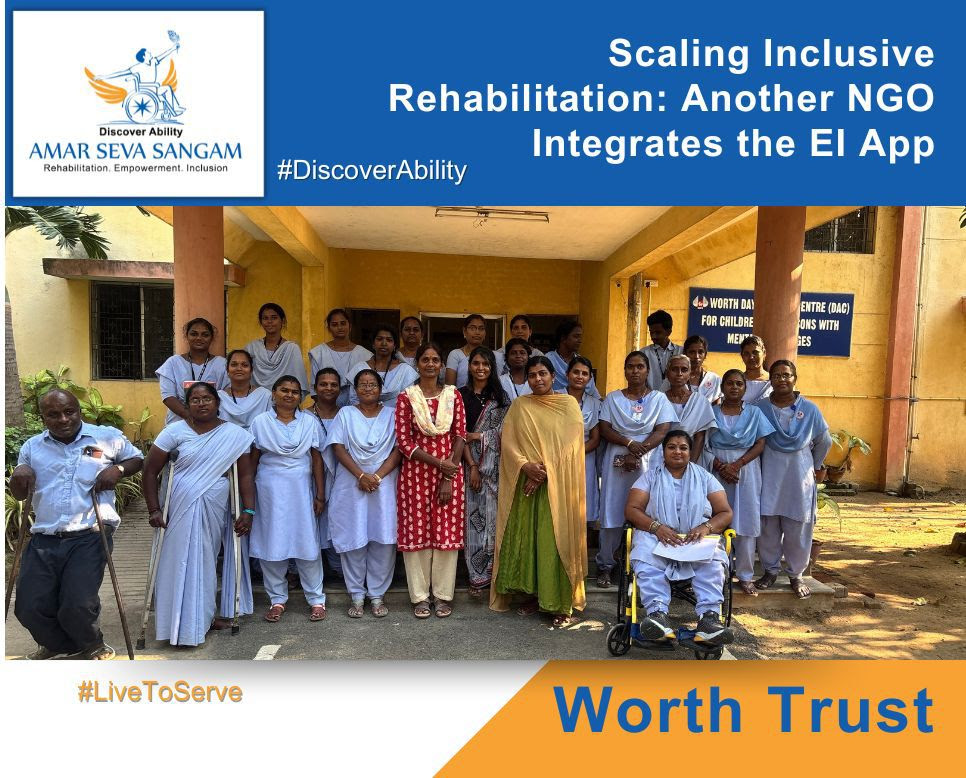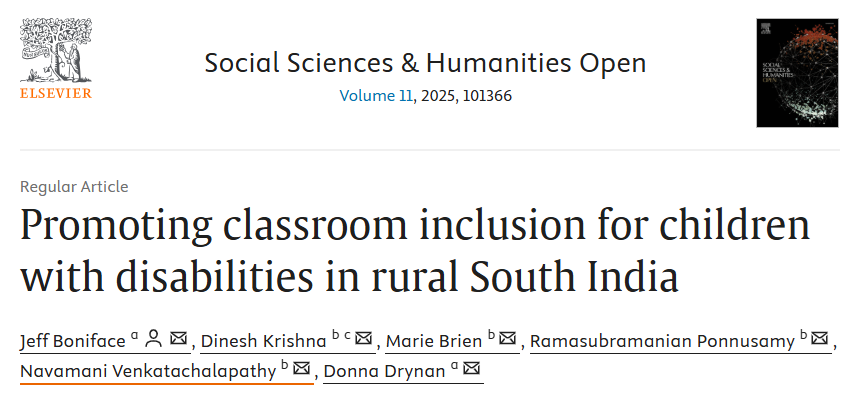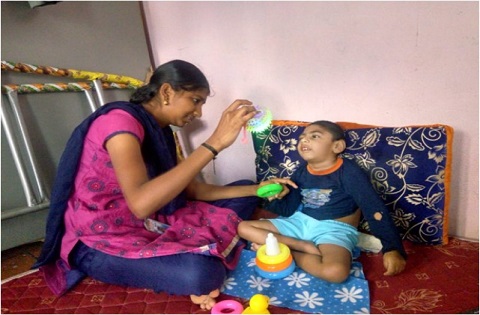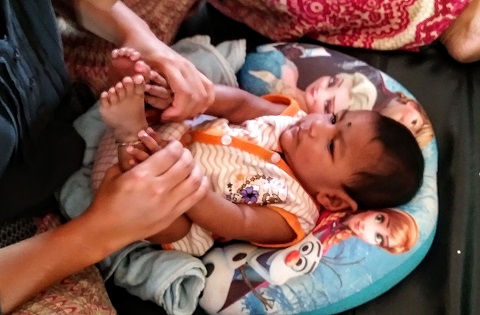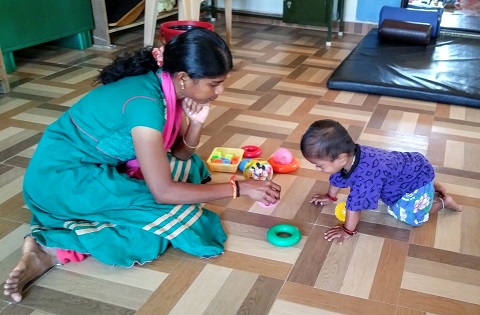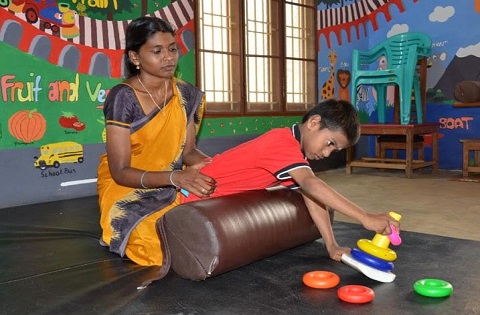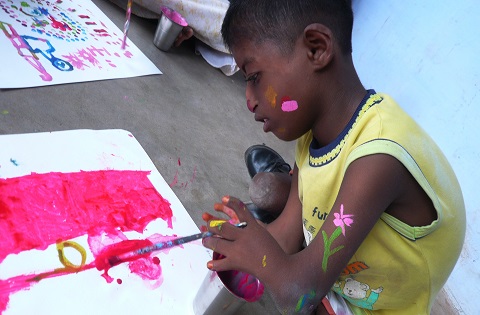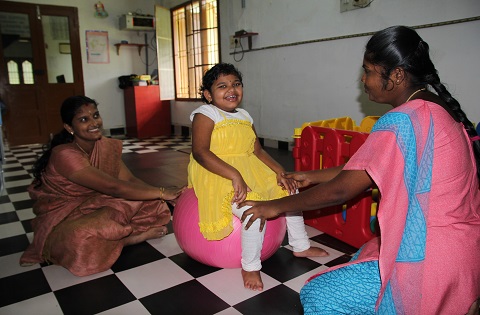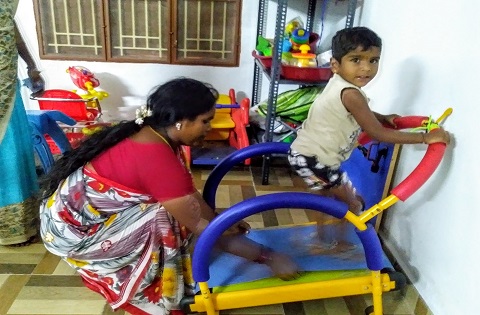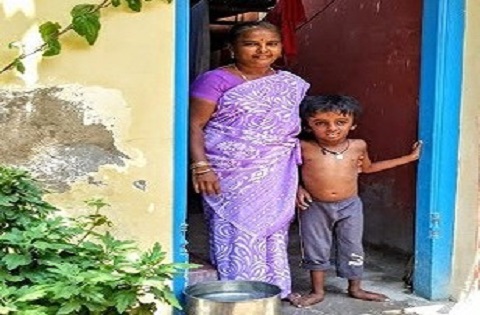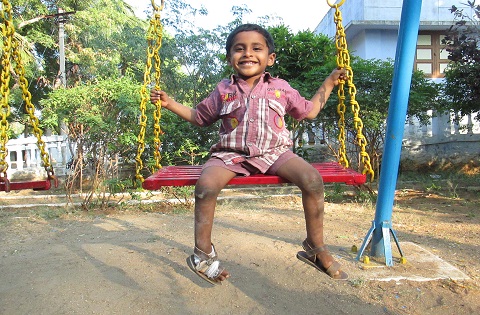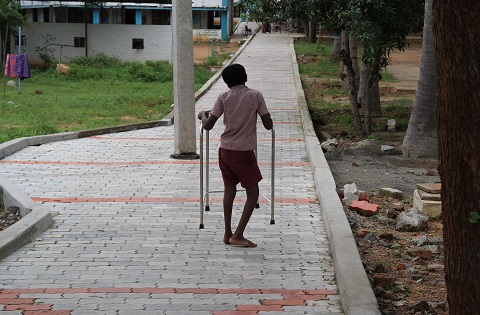Proudly sharing our recently published study in Frontiers in Public Health (Children and Health) describing the scaling of Amar Seva Sangam’s Enabling Inclusion® Program to achieve a National and Global Reach.
Children with disabilities in low- and middle-income countries face many challenges and lack adequate services, including access to rehabilitation professionals. To address this lack of access, ASSA, a non-governmental organisation (NGO) in India, designed a technology-leveraged rehabilitation solution called Enabling Inclusion® (EI®) which allows organizations to run efficient, effective and evidence-based child rehab programs.
The solution was first implemented by one NGO in one state (Tamil Nadu, India) and is now being used by 18 NGOs in 7 states across India, by 3 state government departments and in 2 countries, and has positively impacted nearly 10,000 children with disabilities.
Click to read the open-source article
The article was published as part of the journal’s special topic entitled Achieving Impacts at Scale in Early Childhood Interventions: Innovations in Monitoring, Evaluation, and Learning.
How did a relatively small rural NGO achieve this?
Click to see the Enabling Inclusion solution’s journey
A recent peer-reviewed study published in Frontiers in Public Health (Children and Health) highlights how scaling of the impact of the EI® innovation was achieved by (1) expansion of the program in rural Tamil Nadu (vertical scale-up) in partnership with the Tamil Nadu government and private partners, and (2) by licensing the EI® app and model to other NGOs in various states in India and globally (horizontal scale-up).
An extensive monitoring, evaluation, and learning (MEL) framework is embedded into the Enabling Inclusion solution. This paper explores how this MEL system supported the scaling of the EI® model, reaching additional beneficiaries nationally and globally. Child functional independence, participation, and inclusion were further strengthened by mobilizing parent empowerment groups, community awareness programs, school advocacy, and entitlements from the government. The flexibility of the EI® model and app and their adaptation to local contexts and organizations facilitated its scale-up and implementation across India, and internationally.

